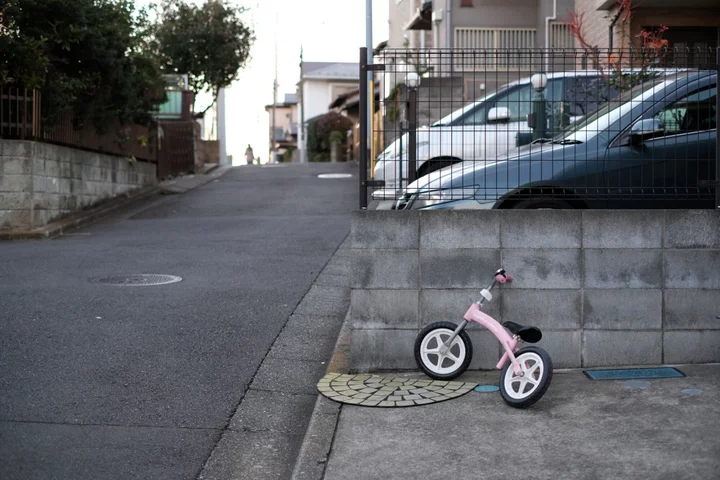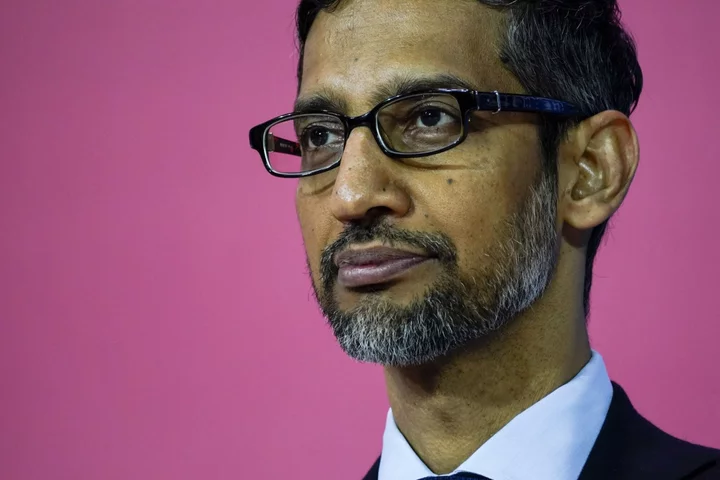A panel at Japan’s Ministry of Justice proposed allowing divorced couples to take joint custody of their child, a move that would put the country in line with other developed countries in letting parents share responsibilities after separating.
The ministry’s subcommittee on family law submitted a draft plan on Tuesday that says “either the father or mother, or both, shall have custody” of the child.
Japan is the only Group of Seven nation that doesn’t recognize joint custody after divorce, and proponents have been calling for legal reforms to prevent one parent from losing access to their child. Critics, however, argue the proposed changes don’t take into account cases of domestic violence.
In cases where the divorcing parents can’t agree on joint custody, family courts would be able to grant custody to either parent based on what it deems best for the child’s welfare, according to the draft plan. Courts would have the authority to hand custody to the other parent later if necessary.
Read more: Japan Tries to Fix Child Custody System Under Fire on All Sides
Some lawmakers within the ruling Liberal Democratic Party are seeking to enact legislation based on the draft plan in next year’s parliament session, Kyodo news agency said. However, the subcommittee may also make some revisions to address public concerns. A justice ministry survey, taken before the draft plan was drawn up, found that about two-thirds of individuals were opposed to the idea. Opponents fear that such changes would expose women and children escaping domestic abuse.
The lack of joint custody sets Japan apart from other developed economies where parents – married or unmarried – are expected to share parenting responsibilities even after divorce. Shared custody is increasingly more common in many Western countries, and it’s legally possible in some places in Asia including South Korea and Taiwan. Scientific studies show that in general, children benefit from involvement by both parents.
In 85% of parental divorces in Japan the mother is granted exclusive custody of her children. In such cases, the father legally loses his family status in relation to the child.









